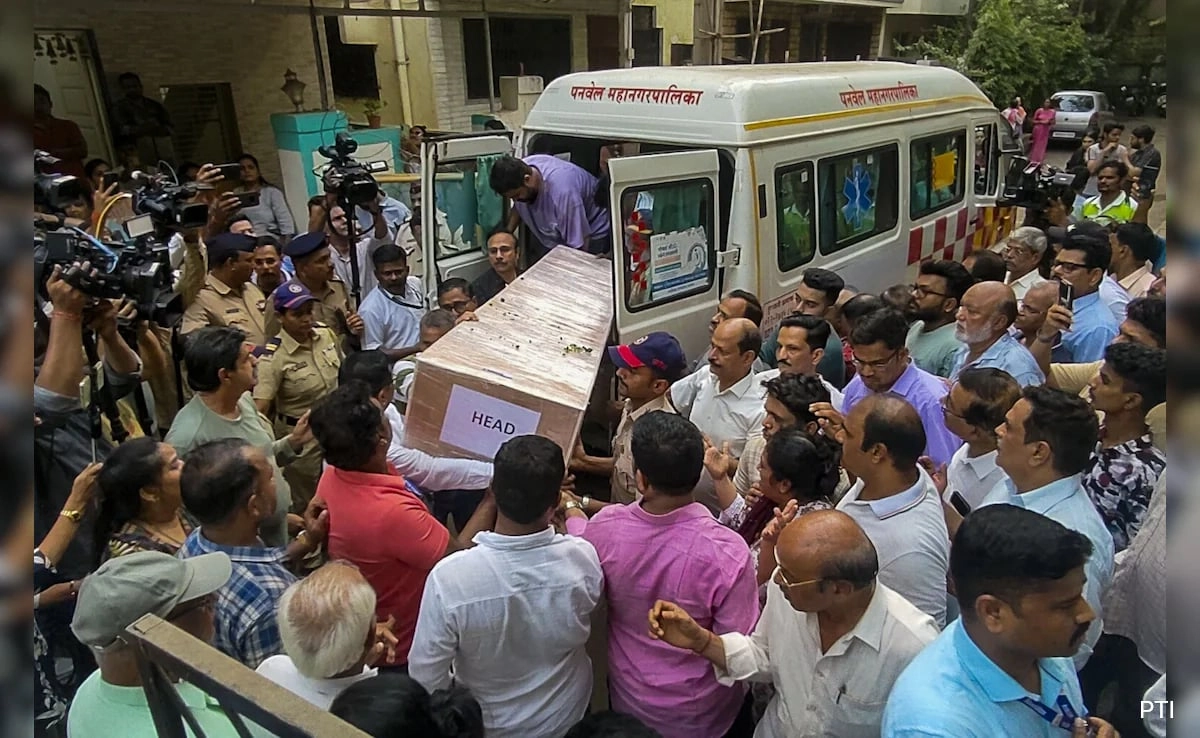In a stark escalation of tensions between India and Pakistan, recent developments have underscored India’s firm stance against its neighbor following a tragic terrorist attack in Kashmir that resulted in the loss of 26 lives. The attack, which occurred in a region already marred by conflict and violence, has reignited concerns over security and stability in the area. India, responding to this grievous incident, has vowed to take decisive action against those responsible, signaling a potential shift in its approach to addressing terrorism emanating from across the border.
The incident has not only led to a tragic loss of life but has also amplified calls within India for a robust response to Pakistan’s alleged support of terrorist groups operating in Kashmir. Officials have expressed their outrage and determination to ensure that justice is served for the victims and their families. In the wake of this attack, Indian security forces are reportedly ramping up operations in the region to thwart further threats and dismantle terrorist networks. This situation highlights the ongoing cycle of violence that has plagued the Kashmir region for decades, with local and international implications that extend far beyond the immediate conflict.
As India takes a tougher stance, the international community watches closely, concerned about the ramifications of increased military and political tensions in South Asia. Diplomatic channels are likely to be tested as India seeks to rally support for its position while simultaneously addressing the humanitarian crises that arise from ongoing hostilities. The situation remains fluid, with potential for both escalation and dialogue. However, the loss of lives in Kashmir serves as a grim reminder of the urgent need for comprehensive measures to combat terrorism and foster peace in a region that has suffered too long from conflict.




